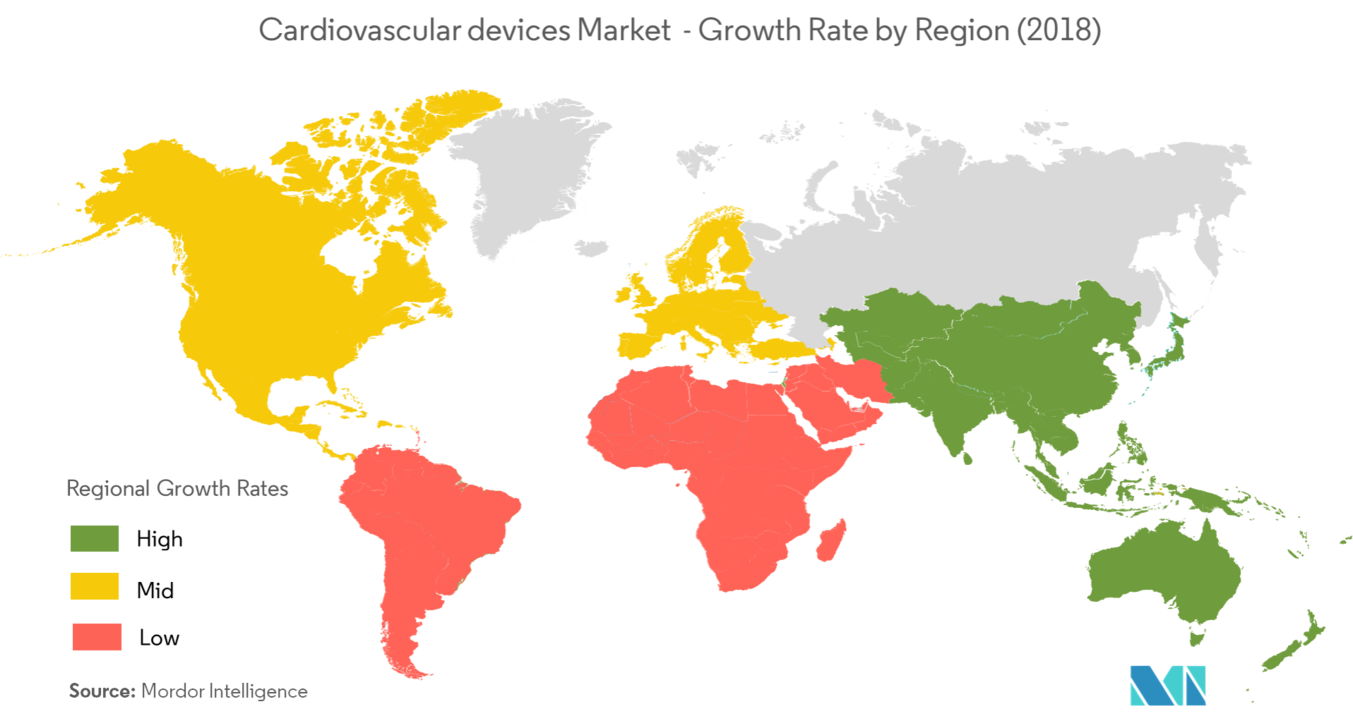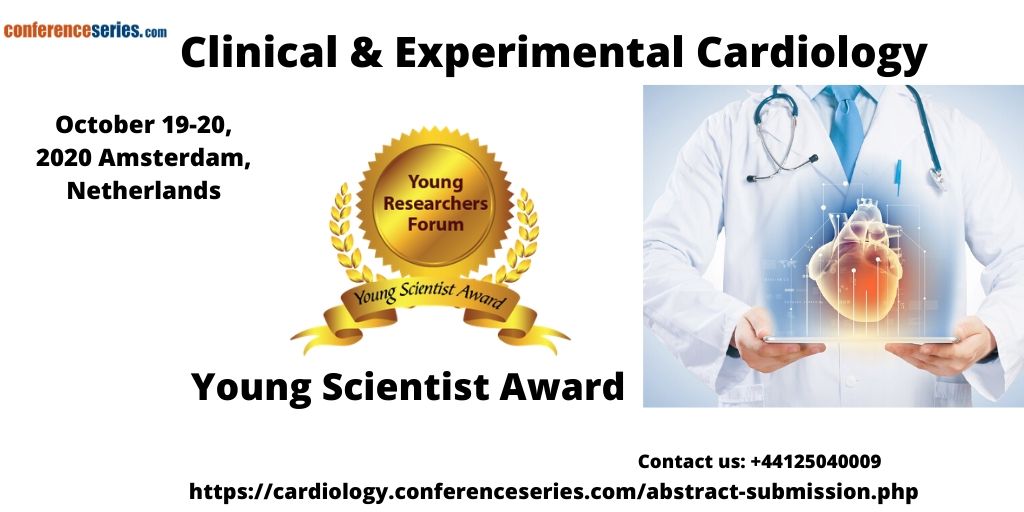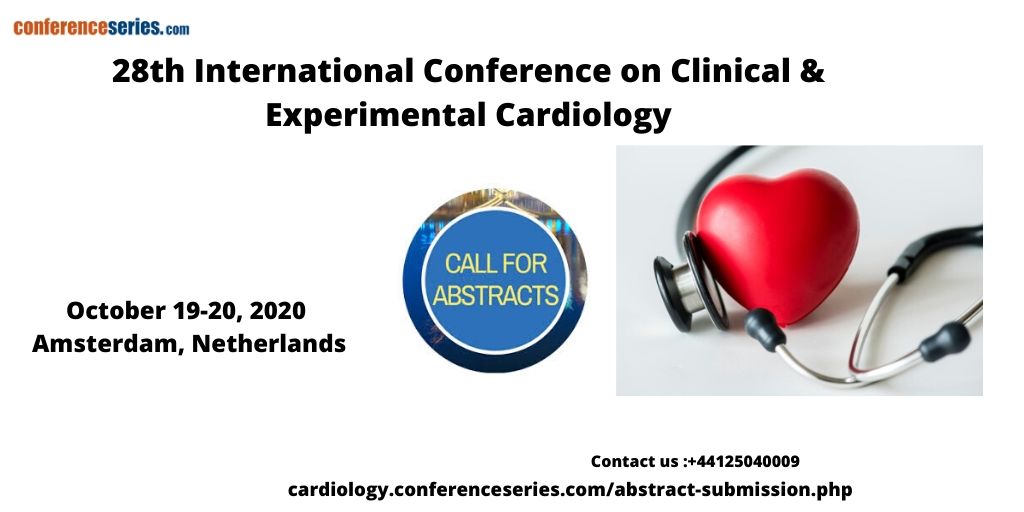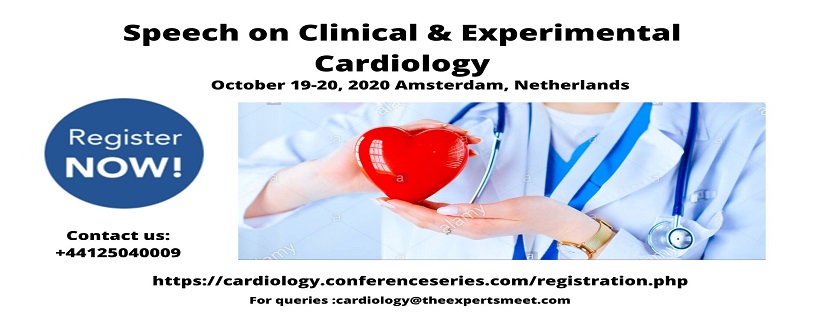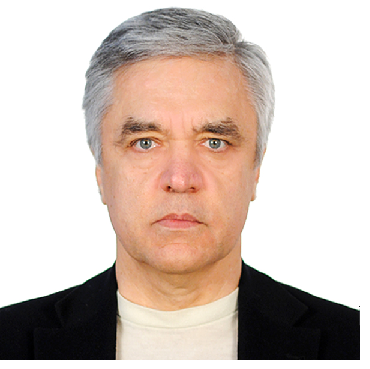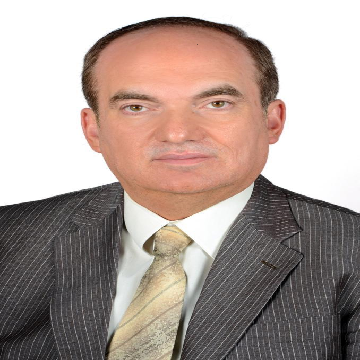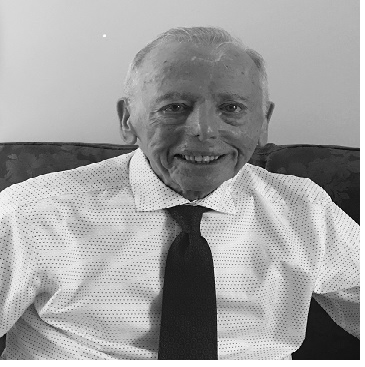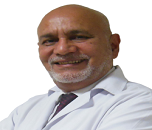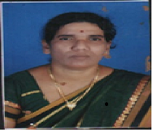“28th International Conference on Clinical & Experimental Cardiology” welcomes every one of the members on October 19-20, 2020 Amsterdam, Netherlands the conference is designed with a theme of ‘Prediction and Prevention of Heart Failure.This two-day event will cover Keynote sessions of leading experts, plenary talks and poster presentations of researchers and other academicians, workshop sessions, exhibition and B2B meetings conducted by leading companies leaving behind a memorable experience. Cardiology 2020 is one of the Cardiology Meetings which will be visited by all the prestigious cardiologists, cardiology educators, fiery inspectors, postgraduates, affiliations, business meanders under a solitary rooftop.
This conference will provide an extensive update on all clinical, surgical, and interventional, topics in cardiology. Experts with national and international reputations in various fields will address the latest guidelines, therapeutic approaches, recent trends, etc., in cardiovascular medicine. Additionally, attendees will learn about recent trials being practiced that are likely to influence future practices. The areas of cardiology that will be covered are: Heart Disorders, Cardiovascular Diseases, Heart Failure, Cardiac surgery, Imaging, Heart health in women, recent research trends in Cardiology and many more.
Unlike all other conferences, Cardiology 2020 is meant to build a professional network among the people belonging to the same field. It also an excellent chance for the researchers to showcase their work and to gain support in moving further with their fascinating ideas by collaborating with the universities or leading companies. Medical graduates are offered an excellent opportunity to decide their future study interest by discussing with the professionals. The workshop sessions are meant to learn new treatment methods along with the knowledge of handling them in the future. The Delegates are benefited by being a part of all the conference sessions and to take part in the workshops, B2B meetings, and all other interactive sessions. Apart from the knowledge through talks, posters, and other sessions, the exhibitors provide you an additional experience by displaying their recent trends that keep you updated even with industrial advancements.
Oral Presentation, Poster Presentation, Workshop, Symposium (A group of 3-4 members)
Association Partnering, Collaboration Partnering, Group Participation
Poster Presentations, Young Researcher Forum, Student delegate attendee, Group registrations
Opportunities for Exhibitor & Sponsorships opportunities, Product launch at our event, Conduct Workshop, B2B Networking
Oral Presentations, Conduct Symposium, Book Launch at our event, Networking opportunities, Audience participation
The Cardiovascular diseases affecting the developed world have at their core atherosclerosis and hypertension, both of which are profoundly affected by diet and can be approached, at least in part, from a nutritional point of view, as can the increasing “epidemic” of obesity. Diet is a multi-component mixture of many nutrients, which may interact with one another. The definitive study of nutrients and their impact on cardiovascular disease can be a daunting enterprise. Many dietary risk factors contribute to these diseases in various environmental and ethnic settings. These risk factors are often in evidence in youth so that preventive measures must be initiated early in life.
Heart disease describes a range of conditions that affect the heart. Diseases under the heart disease includes blood vessel diseases, such as coronary artery disease; heart rhythm problems (arrhythmias); and heart defects you're born with (congenital heart defects), among others. Heart disease term is often used interchangeably with the cardiovascular disease. It generally refers to conditions that involve narrowed or blocked blood vessels that can lead to a heart failure, chest pain (angina) or stroke. Other heart conditions, such as those that affect your heart's muscle, valves or rhythm, also are considered forms of heart disease. Many forms of heart disease can be prevented or treated with healthy lifestyle choices.
Heart Disease is the main killer of women, causing 1 in 3 deaths each year which counts to approximately 1 woman every minute. There are several misconceptions about Heart Disease in women, and they could be putting you at risk. Other types of Heart Disease, such as coronary micro vascular disease (MVD) and broken heart syndrome, also pose a risk for women. These disorders, which mainly affect women, are not as well understood as CHD. Symptoms such as dizziness, palpitations, and syncope are frequent complaints encountered by family physicians, internists, and cardiologists. In contrast to these ubiquitous complaints, which are generally benign, sudden cardiac death remains an important public health concern. In general, the seriousness of cardiac arrhythmias depends on the presence or absence of structural Heart Disease.
A thorough understanding of Onco-Cardiology or cardio-oncology is essential for the effective treatment of cancer patients. Virtually all antineoplastic agents are related with cardiotoxicity. All patients who are being considered for chemotherapy, especially those who have prior history of cardiac disease should undergo detailed cardiovascular evaluation to optimize the treatment. Serial examination of left ventricular systolic function and cardiac biomarkers might also be considered in the selected populations of patient.
Nuclear Cardiology is the main reason for beginning of the diagnosis of Heart Disease and the assessment of disease extent and the detection of outcomes in the setting of Coronary artery Disease. Nuclear cardiology studies use non-invasive methods to analyse myocardial blood flow, determine the pumping function of the heart as well as visualize the size and placing of a Heart attack. Among the techniques of nuclear cardiology, myocardial perfusion imaging is the most commonly used.
A pediatric cardiologist is a pediatrician who has earned valuable training in diagnosing and treating children's cardiac problems. Evaluation and treatment may start with the foetus as because heart problems can now be detected before birth. The division of Pediatric Cardiology is responsible for the diagnosis of Congenital Heart Defects, performing diagnostic procedures such as echocardiograms, cardiac catheterizations, and electrophysiology studies, and for the on-going management of the sequel of heart disease in infants, children and adolescents.
Cardiac nursing is a special nursing field which works with patients who suffer from different conditions of the cardiovascular system. Cardiac nurses help treat and care conditions such as unstable angina, cardiomyopathy, Coronary Artery Disease, Congestive Heart Failure, infarction of myocardium and cardiac arrhythmia under the direction of a cardiologist. Cardiac nurses perform post-operative treatment on a surgical unit, stress test evaluations, cardiac monitoring, vascular monitoring, and health evaluations. Cardiac nurses work in various kinds of environments, involving coronary care units (CCU), catheterization of heart, intensive care units (ICU), operating theatres, cardiac rehabilitation centers, clinical research, wards for Cardiac Surgery, cardiovascular intensive care units (CVICU), and cardiac medical wards.
Coronary artery bypass grafting (CABG) is the most usual type of heart surgery. CABG boosts blood flow to the heart. Surgeons make use of CABG to treat people who have critical Coronary Heart Disease (CHD). For the heart to work well, blood should flow in only one direction. The heart's valves help to make this possible. Healthy valves open and close in a specific way as the heart pumps blood. Each valve has one set of flaps called leaflets. The leaflets open to allow blood to pass from one heart apartment into another or into the arteries. Then the leaflets close tightly to cease blood from flowing backward. Heart surgery is applied to fix leaflets that do not open as wide as they should. This can happen if they become thick or stiff or join together. As a result, not enough blood flows through the valve.
Cardiovascular pharmacology is one of the important part dealing with the treatment of heart disease. Cardiac medications are used to treat the cardiac, circulatory and vascular system. Various cardiovascular agents are available to treat various cardiovascular conditions. Sodium, potassium, calcium channel blockers, ACE inhibitors and cardiac biomarkers. Three new drugs were introduced in 2015. There are many types of cardiovascular drugs on the market that include cardiac glycosides, anticoagulants, antiarrhythmic agents, anti anginal agents and antihypertensive agents.
Gynecologic/Obstetric Emergencies mainly occurs in women during reproductive age and it mostly affect women of all ages. The most common emergencies were prolonged labor, postpartum hemorrhage, Severe pregnancy-induced hypertension, and fatal distress. Prevention or effective management of obstetric emergencies will help to reduce maternal and perinatal mortality in our environment.
Arrhythmia is a problem with the Rhythm or Speed of the heartbeat. During an arrhythmia, the heartbeat is too slow, or too fast, with an irregular rhythm. The heartbeat that is too fast is called tachycardia that is too slow is called Bradycardia. Almost arrhythmias are harmless, where as few can be serious and even life threatening. When the heartbeat is very slow or Irregular, or fast, The heart will not be able to pump the required blood to the Body. This may cause Harm to heart and Different Organs of the Body.
CardioVascularDisease affects the health of your blood vessels and heart and it leads to heart attacks and stroke. If you Think that these are the problems that affect Older people only. However, The Emerging Heart Research suggests that HIV infection increases the risk for Cardiovascular disease including Stroke, and Heart attacks even in the younger Generation. So, regular checking can be done by our doctor for our Overall body And Cardio Vascular health should be part for our healthy Being life . Getting on treatment for HIV is one of the best things we can do to stay healthy and Active in the daily life.
Pulmonary Arterial hypertension, or PAH It is a type of high blood pressure which affects the Arteries in lungs and the right side of your heart. It is a very critical condition that can change your day to day routine life. When you get the right diagnosis or treatment, though, you can get the care you need to ease your symptoms AH and heart pumps the blood through our Arteries and sending Oxygen to all parts of our body. In a single heart beat the left side of our heart sends out blood to your body and returns to the right side of your body and then the Right side pumps through Pulmonary artery to lungs where it Swaps the Carbon dioxide for the Oxygen. The Oxygen filled blood goes back to the left side of the Heart, and the process will start again with the next heart beat.
The cardiovascular devices market is expected to register a CAGR of 6.3% during the forecast period (2019 - 2024). The increasing incidence of cardiovascular diseases and growing geriatric population are the most significant factors driving the growth of the cardiovascular devices market.
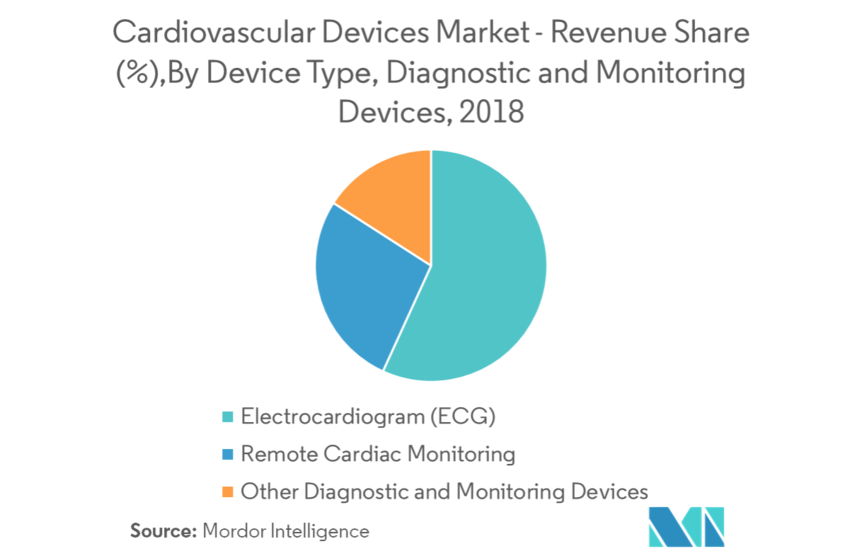
According to the American College of Cardiology, cardiovascular disease (CVD) accounted for 800,000 deaths in the United States in 2017 alone. Among Americans, an average of one person dies from cardiovascular disease, every 40 seconds. Coronary heart disease (CHD) accounts for the majority of CVD deaths, followed by stroke and heart failure. According to the European Heart Network, every year, cardiovascular disease (CVD) causes 3.9 million deaths in Europe and over 1.8 million deaths in the European Union (EU). Furthermore, other factors, such as the rapid technological advances, increasing awareness of the population, and high preference for minimally invasive procedures are also supplementing the market growth.
The cardiovascular devices market is segmented on the basis of device type and geography. On the basis of device type, the market is segmented into diagnostic and monitoring devices and therapeutic and surgical devices segments. Diagnostic and monitoring devices is further segmented into electrocardiogram (ECG), remote cardiac monitoring, and other diagnostic and monitoring devices. Similarly, therapeutic and surgical devices segment is subdivided into cardiac assist devices, cardiac rhythm management device, catheter, grafts, heart valves, stents, and other therapeutic and surgical devices.
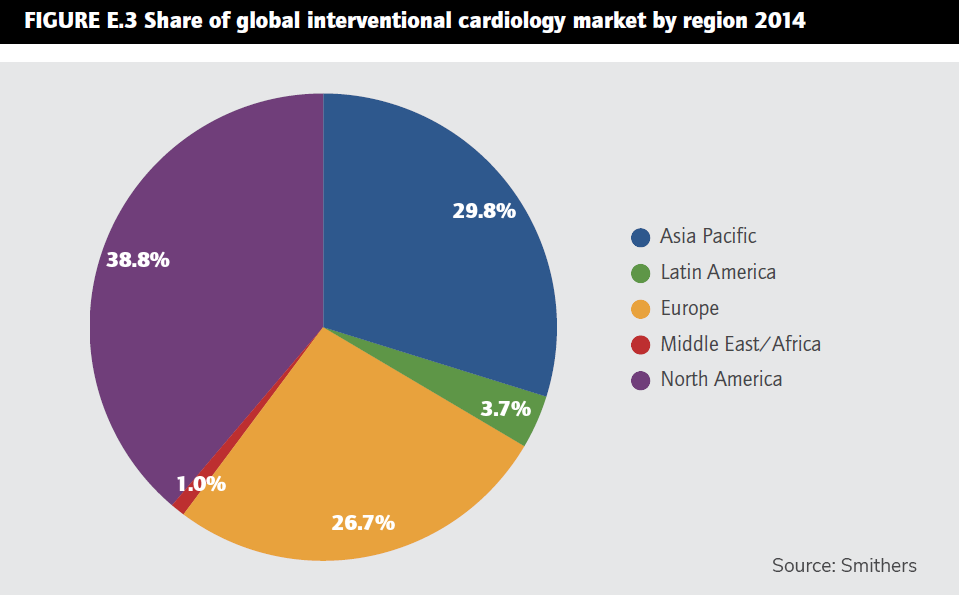
Different companies enjoy strong positions in the interventional cardiology device market. With total annual sales of $2.8 billion US-headquartered Boston Scientific is the largest firm accounting for 23.3% of world consumption. In second position is Abbott Laboratories with an estimated 21.8% of the total market, followed by Dublin-based Medtronic with estimated sales of $1.3 billion – a 10.6% market share. The market leader for coronary stents is Abbott Laboratories with an estimated 24.4% of the market. Boston Scientific has a meanwhile can claim 39.2% of the world’s guidewires and accessories sales. St. Jude dominates the vascular closure devices segment with 44.8% of the global revenue.
-
North America(UnitedStates, Canada, andMexico)
-
Europe(Germany, UK, France, Italy, Russia, Spain, andBenelux)
-
Asia Pacific(China, Japan, India, Southeast Asia, andAustralia)
-
The American Society for Preventive Cardiology
-
American Society of Nuclear Cardiology
-
American Heart Association
-
ACC; American Stroke Association
-
Society for Cardiovascular Angiography and Interventions
-
Arizona Society of Echocardiography
-
Heart Failure Society of America
-
Canadian Association of Cardiovascular Prevention and Rehabilitation;
-
Elsevier Society Partners in Cardiology
-
American Society for Preventive Cardiology
-
American Society of Echocardiography
-
American Society of Hypertension
-
Brazilian Society of Hypertension
-
Canadian Cardiovascular Society
-
Argentine Society of Cardiology
-
Canadian Association of Interventional Cardiology
-
Congenital Cardiac Anesthesia Society
-
The American Association of Cardiovascular and Pulmonary Rehabilitation
-
Vascular and Endovascular Surgery Society
Cardiology Societies in Europe:
-
European Society of Cardiology
-
British Cardiovascular Society
-
World Heart Federation
-
British Association for Cardiovascular Prevention and Rehabilitation
-
World Heart Failure Society; Austrian Heart Foundation
-
Austrian Society of Cardiology; Philippine Heart Association
-
Belgian Society of Cardiology; Spanish Society of Cardiology
-
British Cardiac Society; International Academy of Cardiology
-
British Heart Foundation
-
British Hypertension Society
-
British Junior Cardiologists Association
-
Croatian Cardiac Society
-
European Cardiology Congress
-
European Society of Cardiology
-
British cardiology society
-
Luxembourg Society of Cardiology
-
British Heart Failure Society
-
Association of Cardiologists of Bosnia & Herzegovina
-
British Heart Foundation
-
Spanish Heart Foundation
-
Austrian Heart Foundation
-
Belorussian Scientific Society of Cardiologists.
Cardiology societies in Asia – Pacific:
-
Asian Pacific Society of Cardiology
-
Cardiac Society of Australia & New Zealand
-
Russian Society of Cardiology
-
The Japanese Heart Failure Society
-
Japanese Society of Echocardiography
-
The World Society of Cardiovascular & Thoracic Surgeons
-
Asian Pacific Society of Hypertension
-
Association of Cardiologists of Kazakhstan; Australian Cardiovascular Health and Rehabilitation Association
-
Association of Thoracic and Cardiovascular Surgeons of Asia
-
Chinese Society of Cardiology
-
The Pan-African Society of Cardiology (PASCAR)
-
Association of Pediatric Cardiology
-
Cardiological Society of India
-
Asian Society of Cardiovascular Imaging
-
Association of Black Cardiologists
-
Algerian Society of Hypertension
-
Interventional Cardiovascular Society of Malaysia
-
Israeli Cardiology and Critical Care Nursing Society
-
Japanese Society of Thoracic Radiology
-
Korean Society for Thoracic and Cardiovascular Surgery
-
Kyrgyz Society of Cardiology; Lebanese Society of Cardiology
-
The Heart foundation of Malaysia
-
The Japanese Society of Hypertension
Cardiology Universities in USA:
-
Harvard
-
Johns Hopkins University
-
New York University (Langone)
-
Stanford University
-
University of California-San Francisco
-
Mayo Clinic School of Medicine
-
University of Pennsylvania (Perelman)
-
University of California-Los Angeles
-
Washington University-St. Louis
-
Duke University
-
Columbia University
-
University of Washington-Seattle
Cardiology Universities in Europe:
-
The University of Edinburgh, Scotland, UK
-
University of Copenhagen, Denmark
-
University of Barcelona, Spain
-
University of Amsterdam, Netherlands
-
Heidelberg University, Germany
-
KU Leuven – University of Leuven, Belgium
-
University of Helsinki, Finland
-
Erasmus University Rotterdam, Netherlands
-
Leiden University, Netherlands
-
Humboldt University of Berlin, Germany
-
Karolinska Institute
-
St George's University of London
Cardiology Universities in Asia Pacific:
-
Tsinghua University, China
-
National University of Singapore, Singapore
-
University of Melbourne, Australia
-
Hong Kong University of Science and Technology, Hong Kong
-
University of Hong Kong, Hong Kong
-
Peking University, China
-
Australian National University, Australia
-
Chinese University of Hong Kong, Hong Kong
-
The University of Tokyo, Japan
-
University of Sydney, Australia
-
University of Queensland, Australia
-
Seoul National University, South Korea
-
Monash University, Australia
-
Kyoto University, Japan


